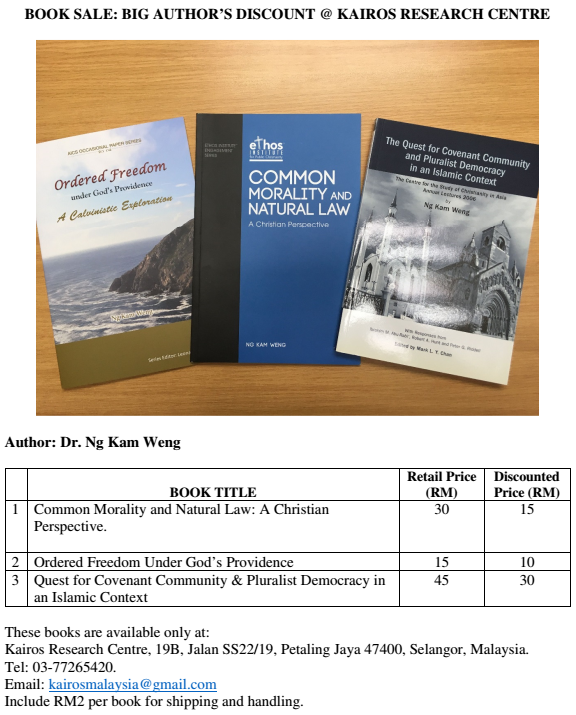It is good that one of my readers points out that we need to appreciate N.T. Wright’s writings as a needed correction of popular Christian thinking where the earthly ministry of Jesus Christ is little mentioned. I agree with her concerns, although I think the weekly Lord’s Supper of the local Brethren churches often refers to Jesus Christ. In any case, I appreciate the reminder. Actually, I debated whether to include the beginning and the end of Horton’s review, where he writes of his appreciation of Wright’s needed correction for popular (a)theology. However, as the post needs to be brief, I left it to the reader to read the appreciative parts from the review itself.
Quote:
Anyone familiar with Wright knows he’s a master storyteller. In that regard, The Day the Revolution Began may be his best, especially for a popular audience. But more than a good narrator, Wright is steeped in the world of Jesus and Paul, bringing decades of scholarship to the task. Still more, the story he tells is vital for us to hear; he exposes the wider redemptive-historical canvas that challenges tendencies to domesticate the gospel to a platonized eschatology focused on the salvation of the individual believer from this world rather than the redemption of all believers with this world…Even if its provocations strike one as reactionary at times, they should be allowed to strike home nonetheless. If they’re sometimes overcorrections, perhaps they may be allowed at least to correct our distortions, exaggerations, and reductions. Continue reading “Second Thoughts on N.T. Wright’s Second Thoughts on Heaven”
